The Great War, also known as World War I, was a catastrophic event in human history that lasted from 1914 to 1918, and resulted in the tragic loss of millions of lives. While there were numerous factors that led to the start of the war, one of the most complex and bewildering was the intricate system of alliances that existed between nations. In this blog post, we will explore the tangled web
Traces of Evil: Why did the Communists win the Civil War in China between 1945 and 1949?
Nov 21, 2023Alliance Systems in WW1. As mentioned above, the alliances definition WW1 is an agreement between two or more countries to support each other during war. The alliance system WW1 was created before
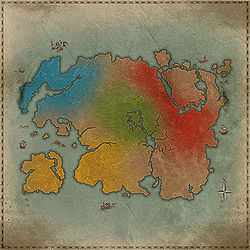
Source Image: en.uesp.net
Download Image
Between 1797 and 1815 European leaders formed seven anti-Napoleonic coalitions. At various times these coalitions included Britain, Russia, Holland, Austria, Prussia, Sweden, Spain and Portugal. After Napoleon’s defeat at Waterloo in 1815, European leaders worked to restore normality and stability to the continent.
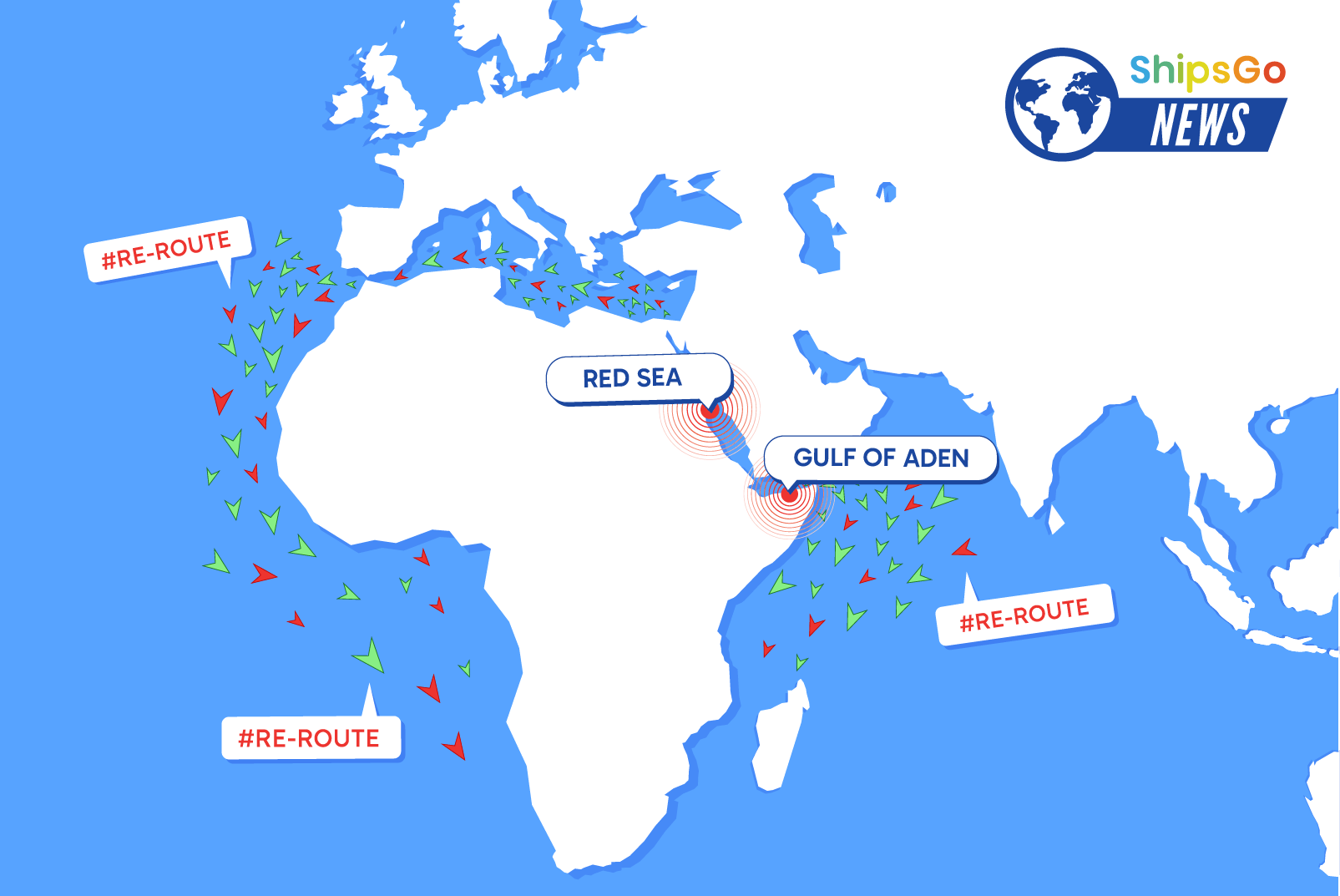
Source Image: blog.shipsgo.com
Download Image
Confronting Fragmentation Where It Matters Most: Trade, Debt, and Climate Action World War I:-. The alliance was formed twice, first in 1873 and then secretly in 1881. It was unable to hold both the times collapsing in 1878 and 1887. This was primarily due to the conflict of interest between Austria-Hungary and Russia in the Balkan region. Russia was a supporter of the Slavs in the Balkans.
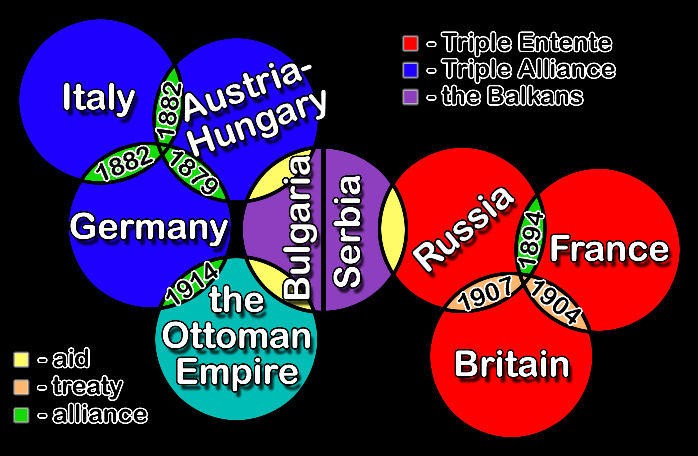
Source Image: alphahistory.com
Download Image
How Did Alliances Cause War To Spread Rapidly
World War I:-. The alliance was formed twice, first in 1873 and then secretly in 1881. It was unable to hold both the times collapsing in 1878 and 1887. This was primarily due to the conflict of interest between Austria-Hungary and Russia in the Balkan region. Russia was a supporter of the Slavs in the Balkans. Once a war starts, however, it may spread widely because the alliances bring more countries into the fight. That is exactly what happened in Europe in 1914. When a small war started between just two countries, it spread rapidly to include many other countries that had alliances with those two countries.
Alliances
Quick answer: The alliance system caused the World War I to escalate from a regional conflict into a global war. Two major alliances existed in Europe prior to World War I. The Triple Voltaire Foundation | A collaborative blog for those interested in the Enlightenment

Source Image: voltairefoundation.wordpress.com
Download Image
How Did Alliances Contribute to WW1? – History Just Got Interesting Quick answer: The alliance system caused the World War I to escalate from a regional conflict into a global war. Two major alliances existed in Europe prior to World War I. The Triple

Source Image: historyjustgotinteresting.com
Download Image
Traces of Evil: Why did the Communists win the Civil War in China between 1945 and 1949? The Great War, also known as World War I, was a catastrophic event in human history that lasted from 1914 to 1918, and resulted in the tragic loss of millions of lives. While there were numerous factors that led to the start of the war, one of the most complex and bewildering was the intricate system of alliances that existed between nations. In this blog post, we will explore the tangled web
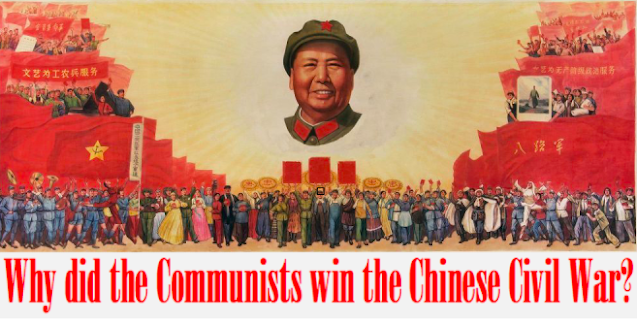
Source Image: tracesofevil.com
Download Image
Confronting Fragmentation Where It Matters Most: Trade, Debt, and Climate Action Between 1797 and 1815 European leaders formed seven anti-Napoleonic coalitions. At various times these coalitions included Britain, Russia, Holland, Austria, Prussia, Sweden, Spain and Portugal. After Napoleon’s defeat at Waterloo in 1815, European leaders worked to restore normality and stability to the continent.

Source Image: imf.org
Download Image
History of the internet | NordVPN other if there was a war. Origins: the idea of an alliance system was developed by Bismarck, chancellor of Prussia (a state in modern Germany). … identifying the reasons (causes) of events. and prevent it becoming surrounded. Bismarck was worried about Germany … defeat France quickly, by going through neutral Belgium, avoiding Frances

Source Image: nordvpn.com
Download Image
Taiwan’s Urgent Need for Asymmetric Defense | Cato Institute World War I:-. The alliance was formed twice, first in 1873 and then secretly in 1881. It was unable to hold both the times collapsing in 1878 and 1887. This was primarily due to the conflict of interest between Austria-Hungary and Russia in the Balkan region. Russia was a supporter of the Slavs in the Balkans.
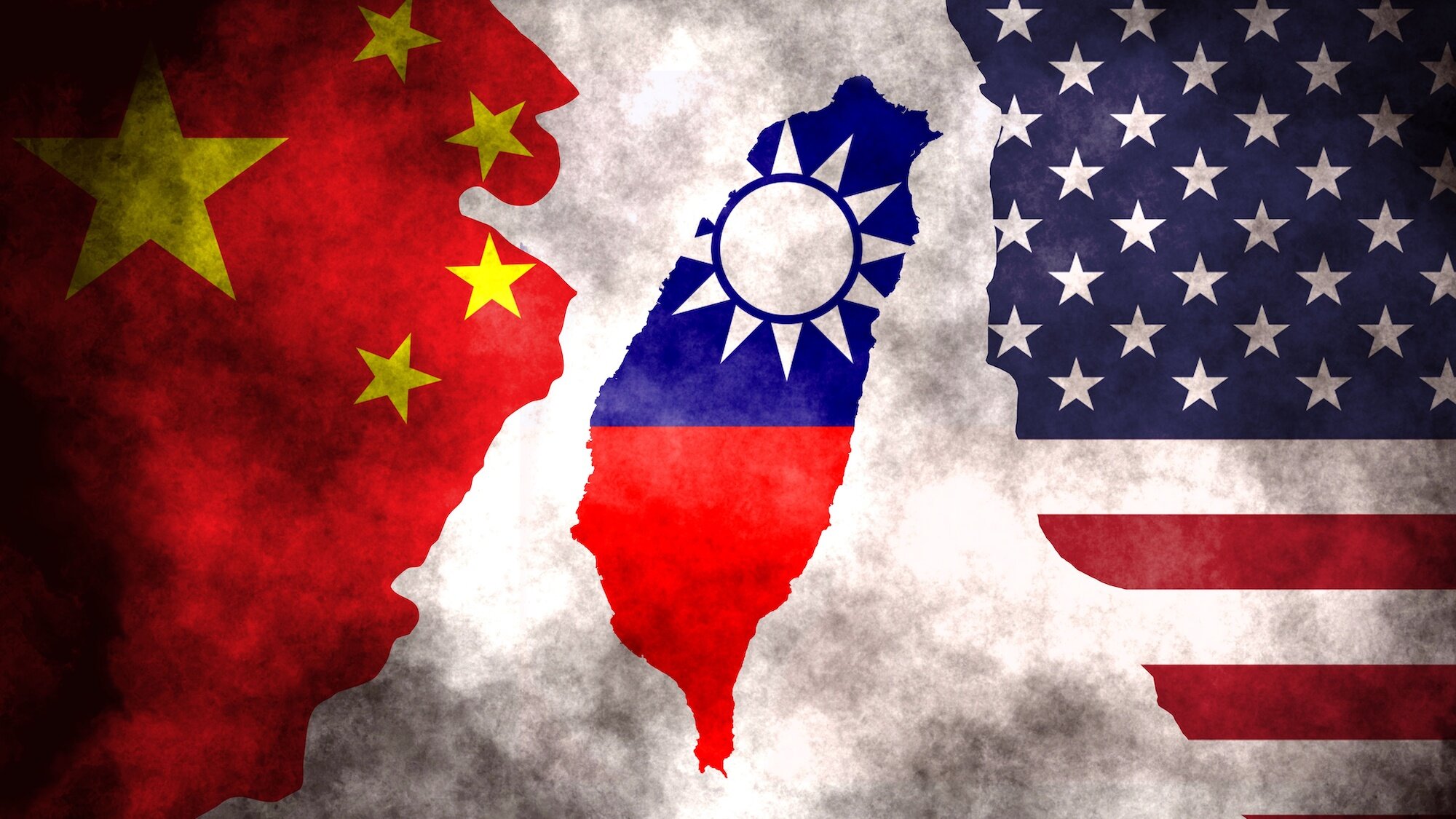
Source Image: cato.org
Download Image
A New Drug-Resistant Fungus Is Spreading in Hospitals. Is It The Last of Us in Real Life? | The Brink | Boston University Once a war starts, however, it may spread widely because the alliances bring more countries into the fight. That is exactly what happened in Europe in 1914. When a small war started between just two countries, it spread rapidly to include many other countries that had alliances with those two countries.

Source Image: bu.edu
Download Image
How Did Alliances Contribute to WW1? – History Just Got Interesting
A New Drug-Resistant Fungus Is Spreading in Hospitals. Is It The Last of Us in Real Life? | The Brink | Boston University Nov 21, 2023Alliance Systems in WW1. As mentioned above, the alliances definition WW1 is an agreement between two or more countries to support each other during war. The alliance system WW1 was created before
Confronting Fragmentation Where It Matters Most: Trade, Debt, and Climate Action Taiwan’s Urgent Need for Asymmetric Defense | Cato Institute other if there was a war. Origins: the idea of an alliance system was developed by Bismarck, chancellor of Prussia (a state in modern Germany). … identifying the reasons (causes) of events. and prevent it becoming surrounded. Bismarck was worried about Germany … defeat France quickly, by going through neutral Belgium, avoiding Frances